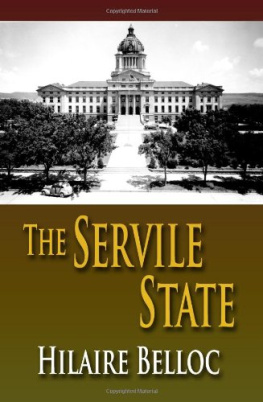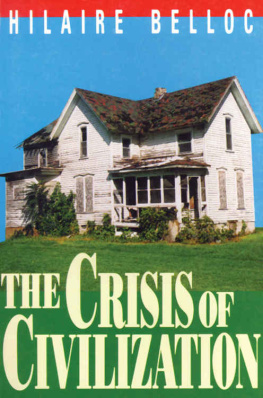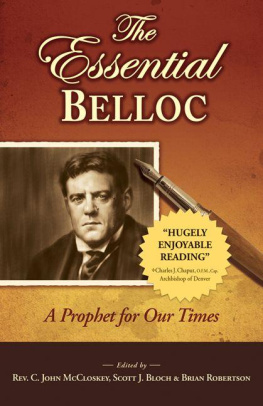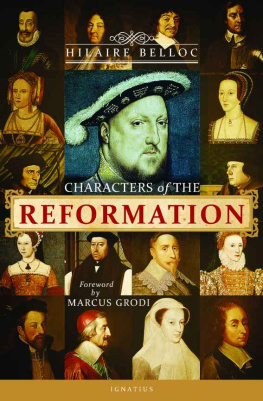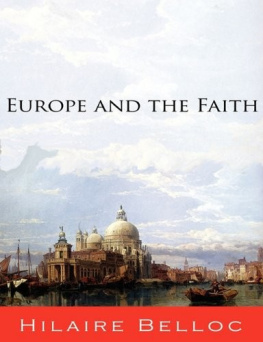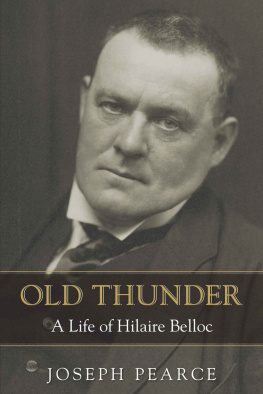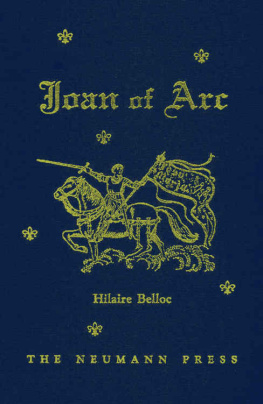THE SERVILE STATE
HILAIRE BELLOC
THE SERVILE
STATE
... If we do not restore the Institution of Property we cannot escape restoring the Institution of Slavery; there is no third course.
T. N. FOULIS
LONDON & EDINBURGH
1912
To
E. S.P. HAYNES
Published October 1912
PRINTED BY NEILL AND CO., LTD., EDINBURGH
SYNOPSIS OF THE SERVILE STATE
THE SUBJECT OF THIS BOOK: It is written to maintain the thesis that industrial society as we know it will tend towards the re-establishment of slaveryThe sections into which the book will be divided
DEFINITIONS:What wealth is and why necessary to manHow producedThe meaning of the words Capital, Proletariat, Property, Means of Production The definition of the Capitalist State The definition of the SERVILE STATEWhat it is and what it is notThe re-establishment of status in the place of contractThat servitude is not a question of degree but of kindSummary of these definitions
OUR CIVILISATION WAS ORIGINALLY SERVILE:The Servile institution in Pagan antiquityIts fundamental characterA Pagan society took it for grantedThe institution disturbed by the advent of the Christian Church
HOW THE SERVILE INSTITUTION WAS FOR A TIME DISSOLVED:The subconscious effect of the Faith in this matterThe main elements of Pagan economic societyThe VillaThe transformation of the agricultural slave into the Christian serf Next into the Christian peasant The corresponding erection throughout Christendom of the DISTRIBUTIVE STATEIt is nearly complete at the close of the Middle AgesIt was not machinery that lost us our freedom, it was the loss of a free mind
HOW THE DISTRIBUTIVE STATE FAILED:This failure original in EnglandThe story of the decline from Distributive property to CapitalismThe economic revolution of the sixteenth centuryThe confiscation of monastic land What might have happened had the State retained itAs a fact that land is captured by an oligarchyEngland is Capitalist before the advent of the industrial revolutionTherefore modern industry, proceeding from England, has grown in a Capitalist mould
THE CAPITALIST STATE IN PROPORTION AS IT GROWS PERFECT GROWS UNSTABLEIt can of its nature be but a transitory phase lying between an earlier and a later stable state of societyThe two internal strains which render it unstable( a ) The conflict between its social realities and its moral and legal basis( b ) The insecurity and insufficiency to which it condemns free citizensThe few possessors can grant or withhold livelihood from the many non-possessorsCapitalism is so unstable that it dares not proceed to its own logical conclusion, but tends to restrict competition among owners, and insecurity and insufficiency among non-owners
THE STABLE SOLUTIONS OF THIS INSTABILITY:The three stable social arrangements which alone can take the place of unstable CapitalismThe Distributive solution, the Collectivist solution, the Servile solutionThe reformer will not openly advocate the Servile solutionThere remain only the Distributive and the Collectivist solution
SOCIALISM is THE EASIEST APPARENT SOLUTION OF THE CAPITALIST CRUX:A contrast between the reformer making for Distribution and the reformer making for Socialism (or Collectivism)The difficulties met by the first typeHe is working against the grainThe second is working with the grainCollectivism a natural development of CapitalismIt appeals both to Capitalist and ProletarianNone the less we shall see that the Collectivist attempt is doomed to fail and to produce a thing very different from its objectto wit, the Serville State
THE REFORMERS AND THE REFORMED ARE BOTH MAKING FOR THE SERVILE STATE:There are two types of reformers working along the line of least resistanceThese are the Socialist and the Practical ManThe Socialist again is of two kinds, The Humanist and the StatisticianThe Humanist would like both to confiscate from the owners and to establish security and sufficiency for the non-ownersHe is allowed to do the second thing by establishing servile conditionsHe is forbidden to do the firstThe Statistician is quite content so long as he can run and organise the poorBoth are canalised towards the Servile State and both are shepherded off their ideal Collectivist StateMeanwhile the great mass, the proletariat, upon whom the reformers are at work, though retaining the instinct of ownership, has lost any experience of it and is subject to private law much more than to the law of the CourtsThis is exactly what happened in the past during the converse change from Slavery to FreedomPrivate Law became stronger than Public at the beginning of the Dark AgesThe owners welcomed the changes which maintained them in ownership and yet increased the security of their revenueTo-day the non-owners will welcome whatever keeps them a wage-earning class but increases their wages and their security without insisting on the expropriation of the owners
An Appendix showing that the Collectivist proposal to Buy-Out the Capitalist in lieu of expropriating him is vain.
THE SERVILE STATE HAS BEGUN:The manifestation of the Servile State in law or proposals of law will fall into two sorts( a ) Laws or proposals of law compelling the proletariat to work( b ) Financial operations riveting the grip of capitalists more strongly upon societyAs to ( a ), we find it ALREADY at work in measures such as the Insurance Act and proposals such as Compulsory Arbitration, the enforcement of Trades Union bargains and the erection of Labour Colonies, etc., for the unemployableAs to the second, we find that so-called Municipal or Socialist experiments in acquiring the means of production have ALREADY increased and are continually increasing the dependence of society upon the Capitalist
Preface
by Joseph Pearce
Hilaire Belloc was one of a rare breed which, today, might be considered an endangered species. He was what was called a man of letters; a man who refused to be pigeonholed, who refused to be labeled, who refused to be restricted by any sphere of speciality. Mercifully, he lived in an age in which the mania for specialization had not yet triumphed; an age in which it was not yet necessary to kowtow before the experts on any given subject; an age which had not yet suffered the disintegration caused by the compartmentalization of the academic disciplines into self-imposed excommunication from the wider world of academe; an age in which philosophers still knew theology, and in which historians still knew philosophy. He lived in an intellectually wealthier and healthier age.
He counted among his friends and enemies other men of letters who similarly refused to be pigeonholed. Amongst his contemporaries were George Bernard Shaw, H.G. Wells and G.K. Chesterton, each of whom wrote on anything and everything from philosophy and theology to history and politics. They expressed their ideas in fiction and non-fiction, in poetry and prose, in full-length books and in journalistic essays for the newspapers. To put the matter plainly, these men and others like them engaged the culture with the stimulating power of ideas. They sought to change society by changing the culture of ideas which informed societys perception of itself. They were exciting men living in exciting times.
Apart from his place amongst the twentieth centurys literary eminenti , Bellocs place as a scholar is assured, particularly with regard to his reputation as a biographer and historian. His first biography, Danton , was published in 1899 and, thereafter, Belloc would continue to write biographies of historical figures, specializing particularly, though by no means exclusively, in the figures of the English Reformation. These included studies of Cromwell, James the Second, Wolsey, Cranmer, Charles the First, and Milton. He also published panoramic studies of the whole period, such as How the Reformation Happened and Characters of the Reformation , as well as a four volume History of England . In similar vein, The Servile State provides a panoramic historical perspective of economic and political history, dovetailing with Bellocs other historical works and completing the theological and philosophical picture through the provision of socio-political detail.

